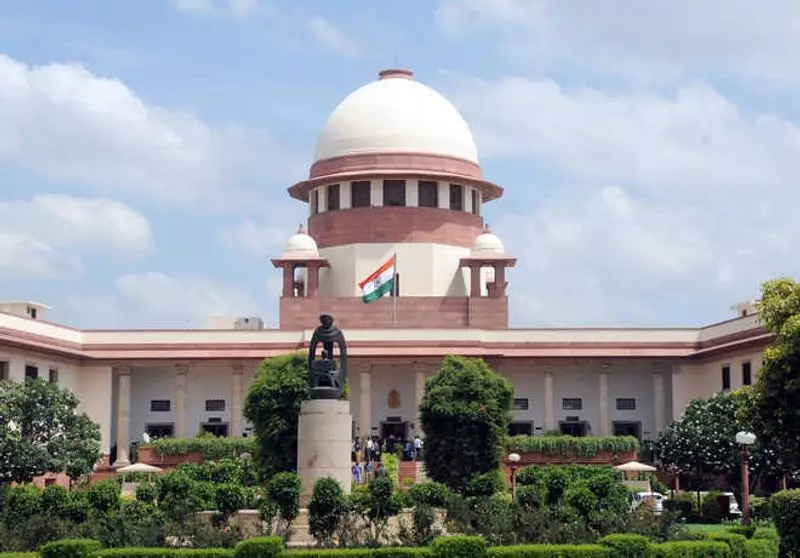
A crucial Public Interest Litigation (PIL) has been filed before India's Supreme Court, sounding the alarm on the nation's escalating air pollution crisis and demanding urgent intervention to address what is being described as a full-blown public health emergency.
The Gravity of the Situation
The petition paints a grim picture of the environmental catastrophe unfolding across several Indian states, particularly in northern regions where toxic smog has become a recurring nightmare. The petitioners argue that the deteriorating air quality has reached crisis proportions, posing severe threats to the health and well-being of millions of citizens, especially children, the elderly, and those with pre-existing health conditions.
What the Petition Demands
The PIL seeks immediate and concrete action from authorities, including:
- Emergency measures to combat the hazardous air quality levels
- Strict implementation of existing environmental regulations
- Accountability mechanisms for ensuring compliance with pollution control norms
- Comprehensive health advisories to protect vulnerable populations
- Long-term strategic planning to prevent recurring air quality crises
A National Health Crisis
Medical experts and environmental activists have repeatedly warned that prolonged exposure to polluted air leads to increased cases of respiratory diseases, cardiovascular problems, and other serious health complications. The petitioners emphasize that the current situation transcends environmental concerns and has evolved into a massive public health challenge requiring emergency-level response.
The Supreme Court's intervention is being sought as the last resort for citizens grappling with what many describe as 'unbreathable air' during peak pollution seasons. The case highlights the urgent need for coordinated action between central and state governments to implement effective pollution control measures.
The Road Ahead
As the petition awaits hearing, environmental advocates hope the Supreme Court will recognize the severity of the situation and direct authorities to implement immediate relief measures. The outcome of this case could set important precedents for how India addresses its ongoing battle against air pollution and protects the fundamental right of citizens to clean air.
The timing of the petition is particularly significant as several northern Indian cities continue to experience dangerously high levels of particulate matter, making the need for urgent judicial intervention more critical than ever.






